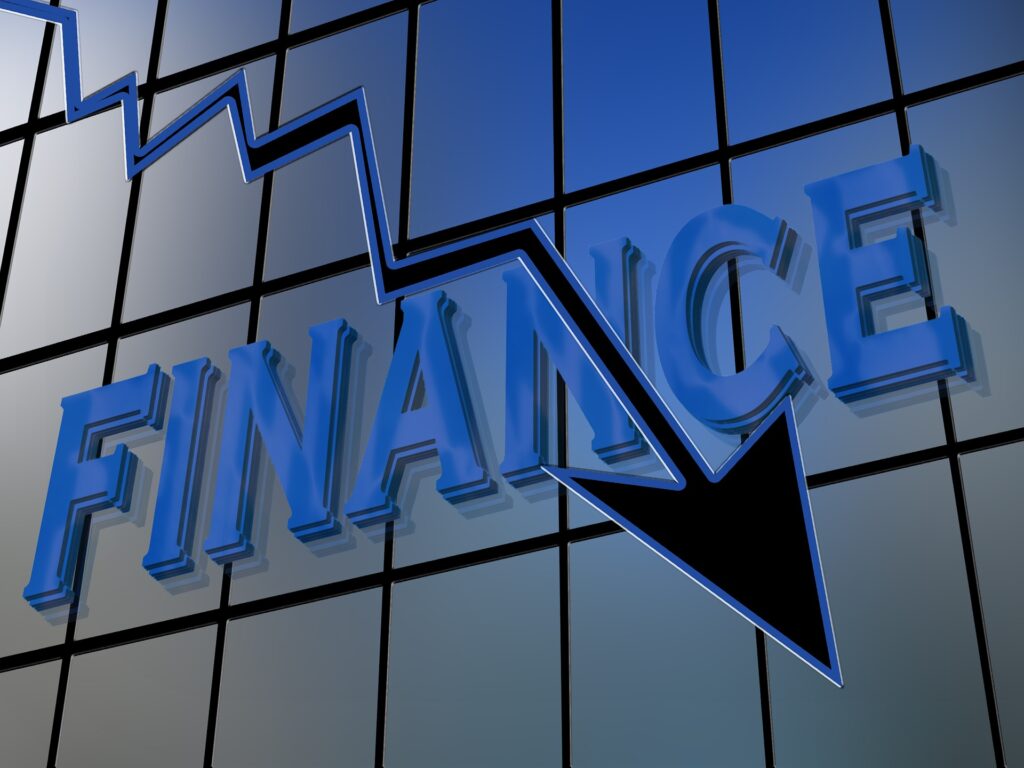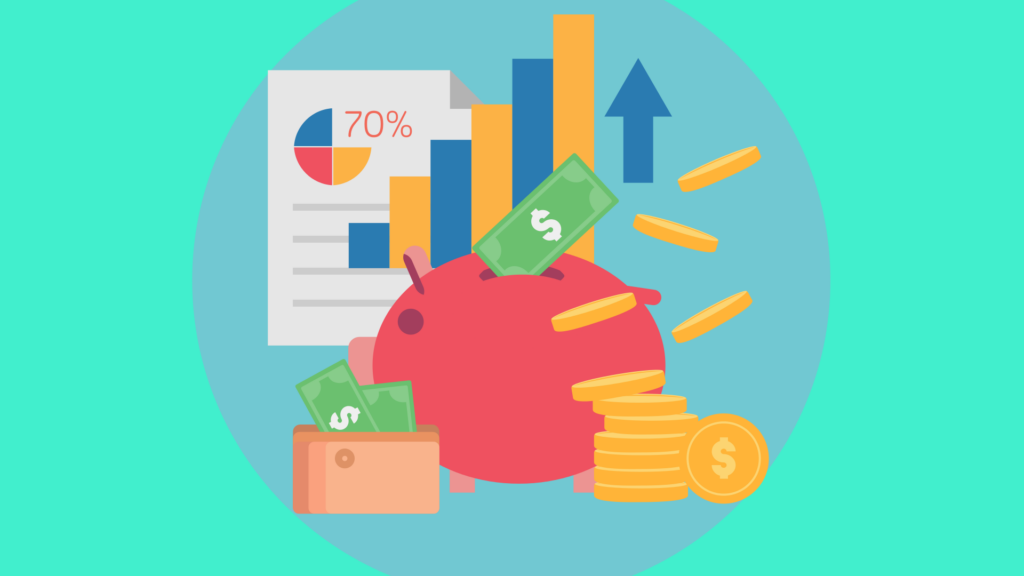When it comes to personal finance, prudent money management is crucial for achieving financial goals. Whether you are saving for a major purchase, building an emergency fund, or planning for the future, the goal of accumulating $50,000 in savings by the end of 2024 is ambitious yet achievable with strategic financial planning. This comprehensive guide will outline key steps and smart money moves to help you reach this financial milestone.
Set Clear Goals
Define your financial goals and be specific about why you want to save $50,000. Whether it is for a down payment on a house, education, or retirement, having a clear purpose will motivate you to stay disciplined in your savings journey.
Create a Budget
The foundation of any successful financial plan is a well-crafted budget. Start by tracking your monthly income and expenses to gain a clear understanding of your financial situation. Categorize your spending, identify areas where you can cut back, and allocate a portion of your income towards savings.
Reduce Unnecessary Expenses
Identify areas in your budget where you can cut back without sacrificing essential needs. This could include dining out less, canceling subscription services you don’t use, or negotiating lower bills for utilities and insurance. Redirect the money saved towards your savings goal.
Increase Income
Consider exploring opportunities to increase your income. This could involve negotiating a raise at work, freelancing, starting a side hustle, or investing in your skills to enhance your career prospects. Supplementing your income can significantly accelerate your savings.
Manage Debt
Prioritize paying off high-interest debts, such as credit cards, to free up more money for savings. A debt-free journey will not only save you money on interest payments but also improve your overall financial well-being.
Participate in Employer Savings Programs
If your employer offers savings or retirement programs, take full advantage of them. Contribute to your employer-sponsored retirement plan, such as a 401(k), especially if there’s a matching contribution from your employer. Maximize the benefits offered by these programs, as they provide a tax-efficient way to save for the future while potentially increasing your overall savings over time.
Negotiate Monthly Bills
Review your monthly bills, including utilities, insurance, and subscription services, and explore opportunities for negotiation. Many service providers are open to adjusting rates, especially for loyal customers. Contact your providers, inquire about available discounts, and negotiate to lower your monthly expenses. The money saved can be redirected towards your $50,000 savings goal.
Use Cashback and Rewards Programs
Take advantage of cashback and rewards programs offered by credit cards and shopping platforms. Utilize credit cards with cashback features for your regular purchases, ensuring responsible use to avoid accumulating debt. With that said, explore loyalty programs and cashback apps that reward you for everyday spending. Accumulated rewards can contribute significantly to your savings target.
Adopt Energy-Efficiency Measures
Implement energy-efficient practices at home to reduce utility bills. Upgrade to energy-efficient appliances, switch to LED bulbs, and be mindful of water and electricity usage. Small changes, such as properly insulating your home and adjusting thermostat settings, can lead to substantial savings over time, supporting your financial goals while promoting sustainability.
Review Insurance Policies
Regularly review your insurance policies, including auto, home, and health insurance, to ensure you’re getting the best value for your money. Shop around for competitive rates and consider bundling policies with a single provider for potential discounts. Adjusting coverage levels based on your current needs can result in lower premiums, freeing up funds for your savings endeavors which is critical in the age of inflation.
DIY and Upcycling Projects
Embrace a creative and sustainable approach by incorporating do-it-yourself (DIY) projects into your lifestyle. Instead of purchasing new items, consider upcycling or refurbishing existing ones. Whether it’s repurposing old furniture or creating handmade gifts, these projects not only save money but also provide a creative outlet. Redirect the funds you would have spent on new items towards your savings goal.
Leverage Freelance or Gig Economy Opportunities
Explore your creative talents and skills by engaging in freelance or gig economy work. Whether you have a knack for writing, graphic design, or photography, platforms like Upwork, Fiverr, or TaskRabbit provide opportunities to monetize your abilities. The additional income generated from these creative endeavors can be a unique and enjoyable way to boost your savings.
Monetize Your Hobbies
Turn your hobbies into income streams. If you have a passion for crafting, consider selling handmade goods on platforms like Etsy. If you enjoy photography, offer your services for events or stock photo websites. Monetizing your hobbies not only adds to your savings but also allows you to indulge in activities you love.
Invest Wisely
Consider diversifying your savings by investing in low-risk, long-term options such as mutual funds, exchange-traded funds (ETFs), or individual stocks. While investing carries inherent risks, it also provides the potential for higher returns compared to traditional savings accounts.
Regularly Review and Adjust
Financial circumstances can change, so it’s crucial to regularly review your budget, goals, and progress. Adjust your savings plan as needed to stay on track and make the necessary adjustments to align with your evolving financial situation which is more challenging when energy and food costs are up as they are now.
Make 2024 a Financially Rewarding Year in Your Life
Achieving a $50,000 savings goal in 2024 requires commitment, discipline, and strategic financial planning. By executing these proven money moves, you can build a solid foundation for your financial future and work towards realizing your financial aspirations. Remember, financial success is a journey, and with careful planning and perseverance, you can attain your savings objectives.




